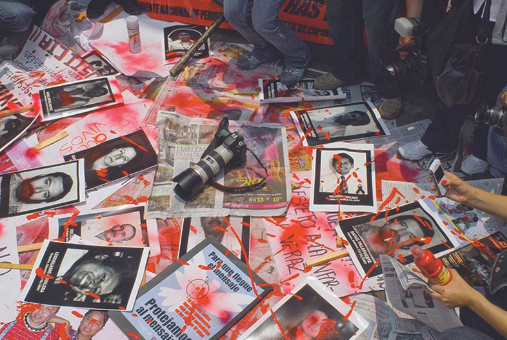
A report by Reporters Without Borders found “serious problems that require urgent changes” in the mechanisms for protecting journalists in these four countries, which account for 90% of the murders of journalists perpetrated in Latin America in the last ten years.
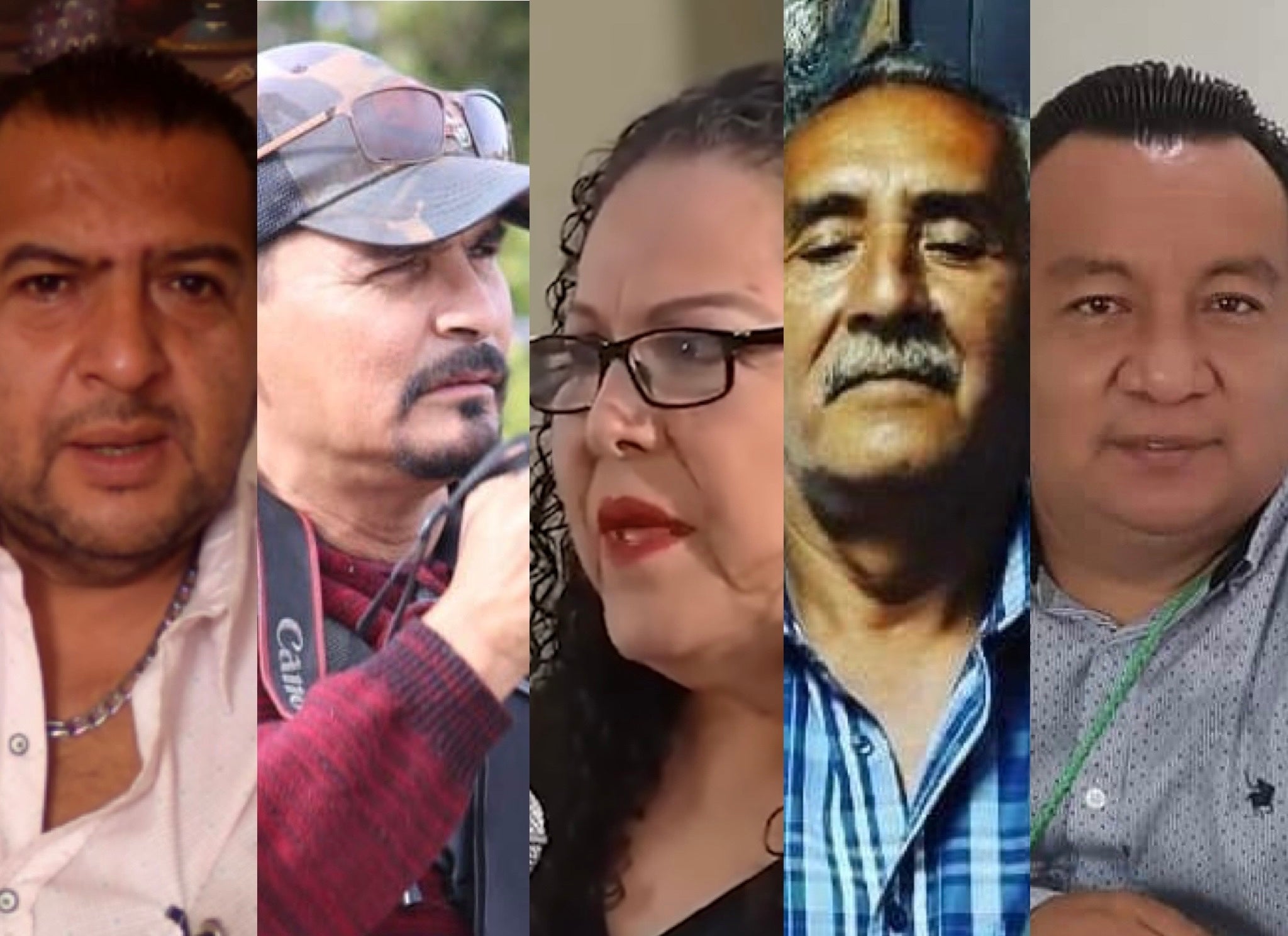
The journalists who were victims of the wave of violence at the beginning of 2022 have common denominators such as being independent or working on their own native digital projects on local issues of politics, insecurity and corruption.
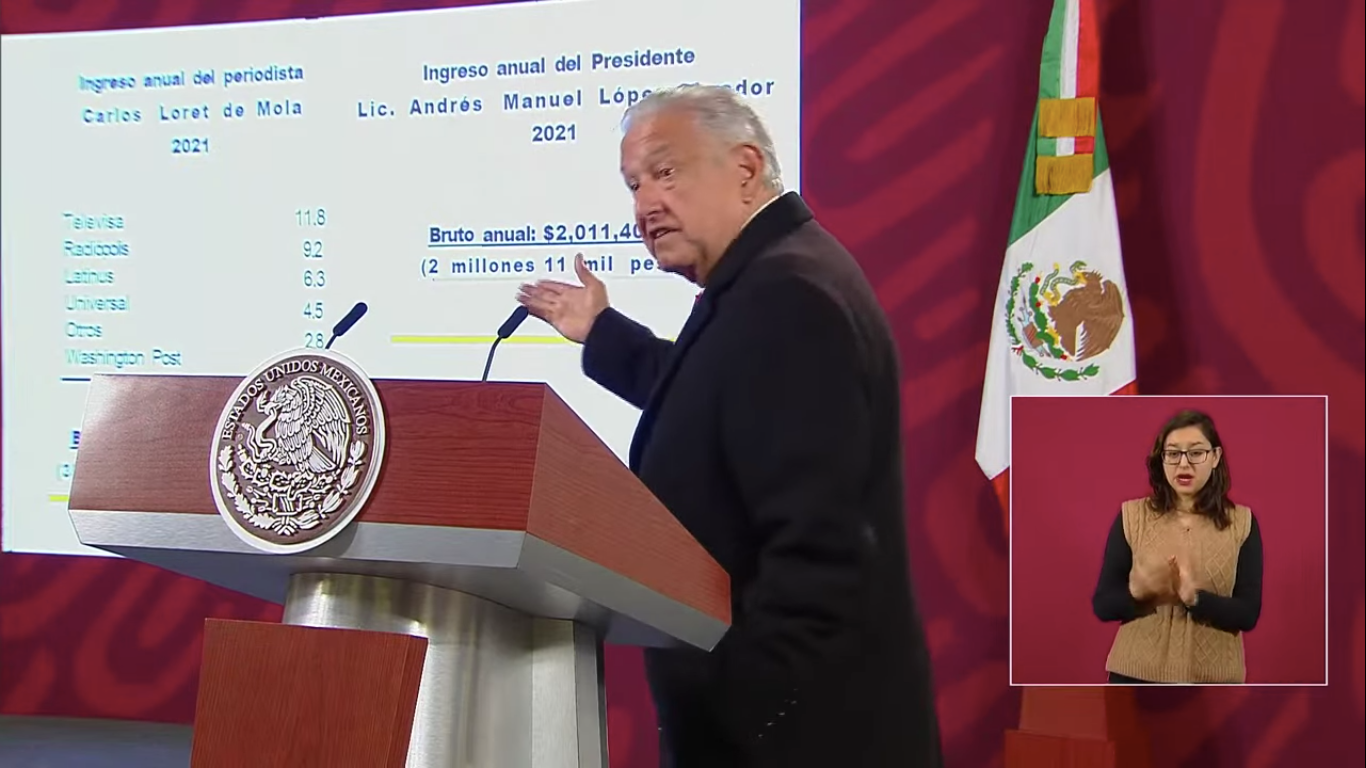
After López Obrador revealed what journalist Carlos Loret de Mola allegedly earns in a year, more than 64 thousand people joined a Twitter Space in which the actions of the president and the growing violence against the press in Mexico were condemned. To date, more than 1.5 million people have listened to the audio recording.
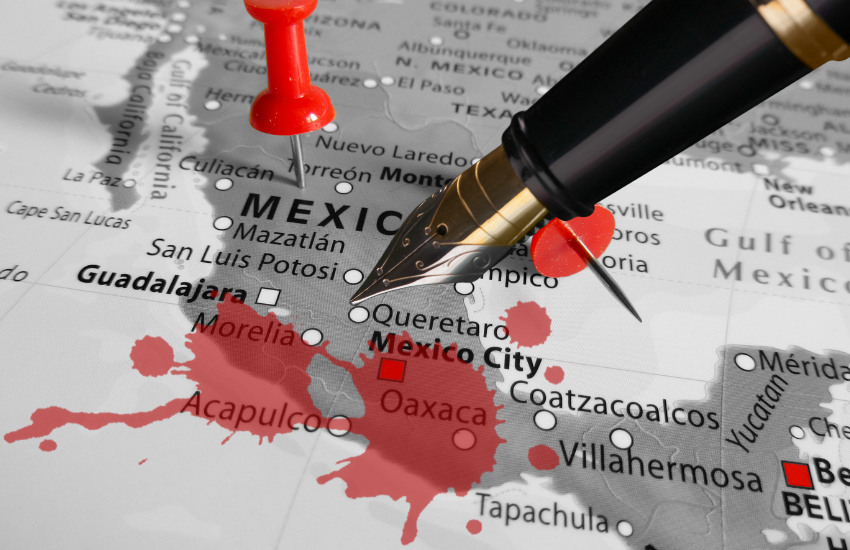
So far in February, Mexico has recorded an attempted assassination of a journalist, two beaten photojournalists and the murder of the son of a well-known journalist from Tijuana, in addition to verbal attacks and disqualifications to members of the press from the Presidency.
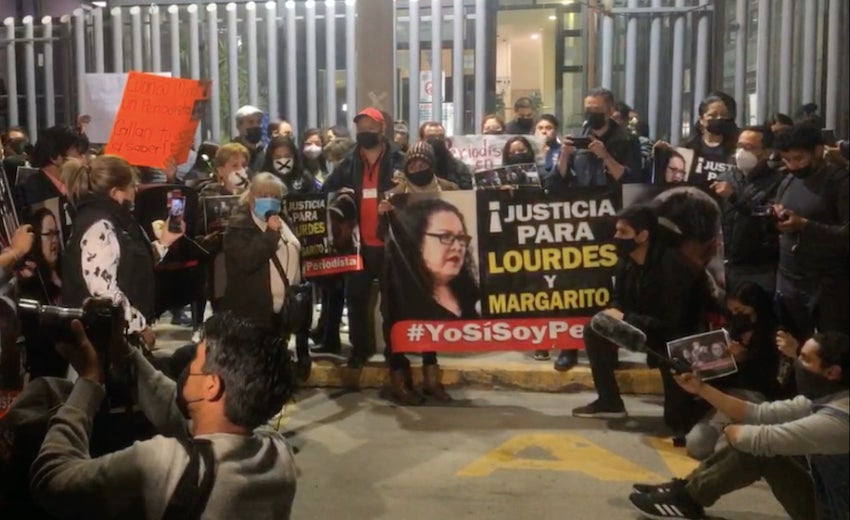
In the first month of 2022, Latin America took the lead as the deadliest region for the press, with seven journalists killed: four in Mexico, two in Haiti and one in Honduras.
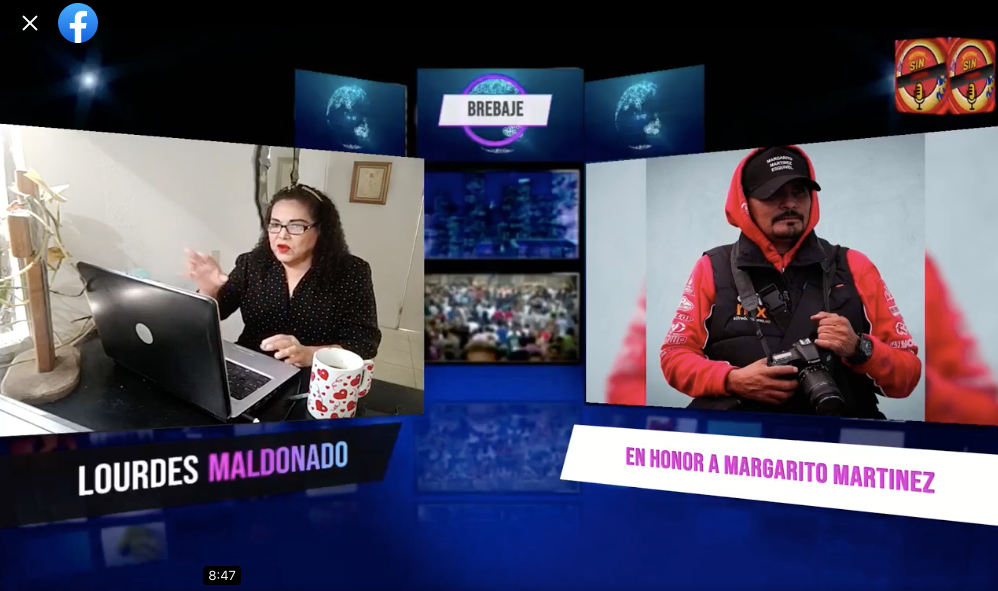
Three years after personally asking the President of Mexico for protection, journalist Lourdes Maldonado was shot dead in Tijuana. She is joined by two other colleagues who died violently in the country in less than a month, which colleagues, press freedom organizations, and citizens condemned.
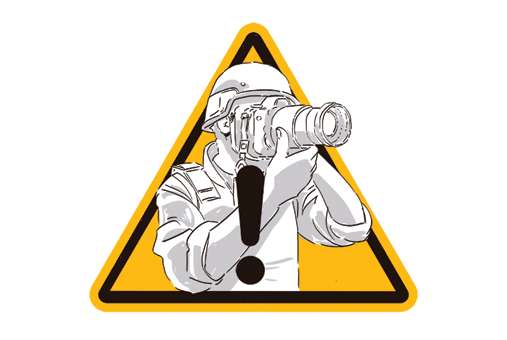
The spike of public protests that sometimes turned violent has not been met with enough preparation by Latin American journalists who find themselves in the midst of confrontations, experts say.
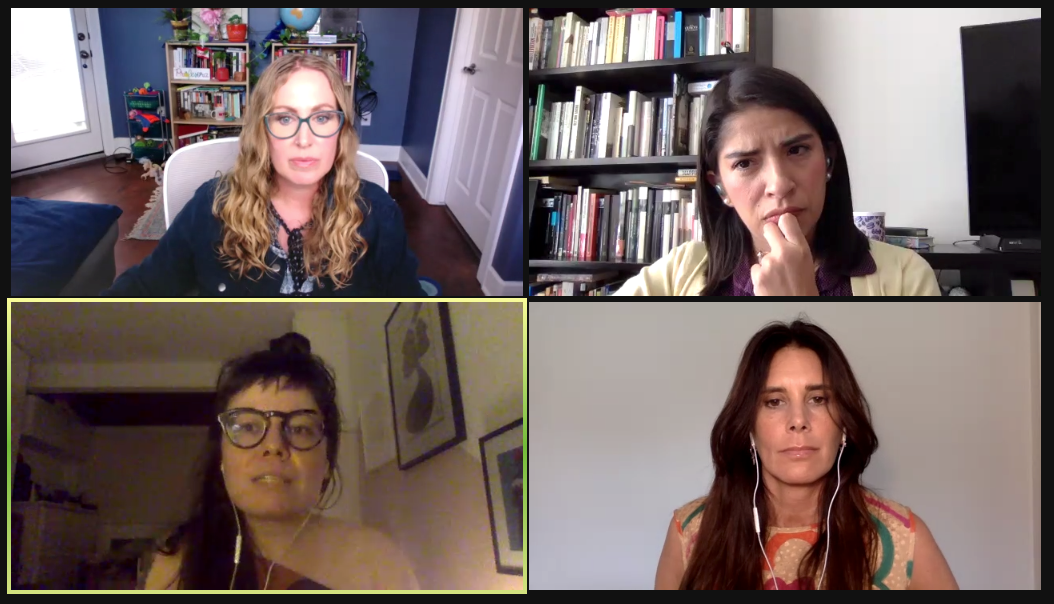
Betting on collaborative journalism, re-establishing a connection with the public, and incorporating the use of technology are among the effective measures presented by the panelists of “How journalism has reacted to waves of disinformation,” from the webinar “Journalism in Times of Polarization and Disinformation in Latin America."

The most recent edition of the Chapultepec Index of Freedom of Expression and the Press, from the Inter-American Press Association (IAPA), recorded an improvement of 4.2 points on average in the 22 countries evaluated on the continent. The more positive overall picture comes with poor results from three of the largest countries in the region, Argentina, Mexico and Brazil, which lost the most points in the ranking.
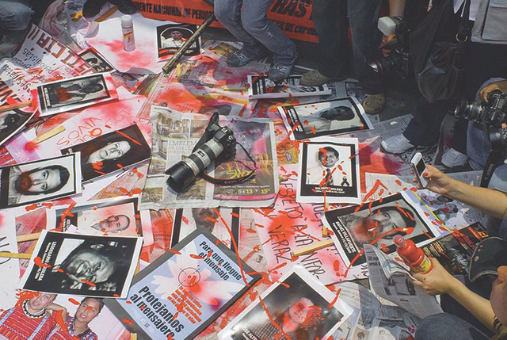
The Committee to Protect Journalists published the Global Impunity Index that lists the top 12 countries where perpetrators of crimes against journalists go free. Mexico and Brazil are the Latin American countries that made the ranking.

Adela Navarro, winner of the 2021 Cabot Prize, spoke with LatAm Journalism Review (LJR) about her ideals when starting in journalism, how she achieved them in these 31 years of professional life and about her tireless fight for freedom of expression and of the press in one of the most dangerous countries for practicing journalism.
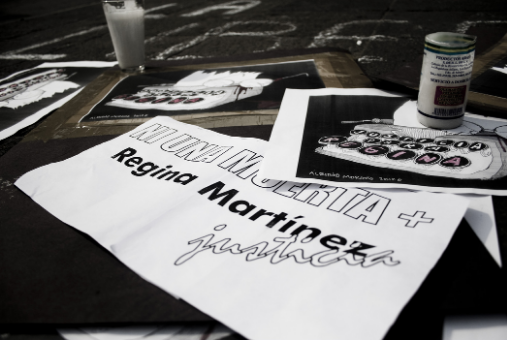
The efforts of the collaborative journalism initiative "The Cartel Project" to continue the unfinished work of the Mexican journalist Regina Martínez - murdered in 2012 - was recognized with a Special Citation at this year's Maria Moors Cabot Prize.